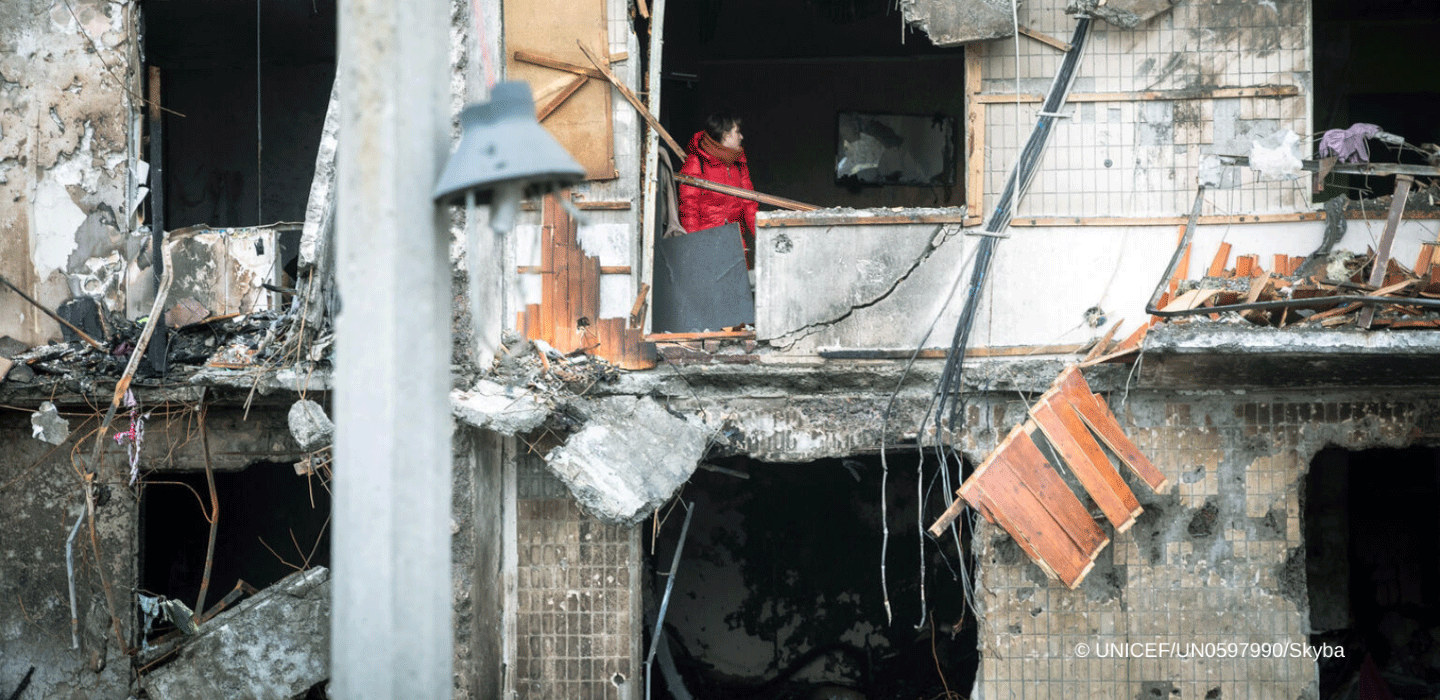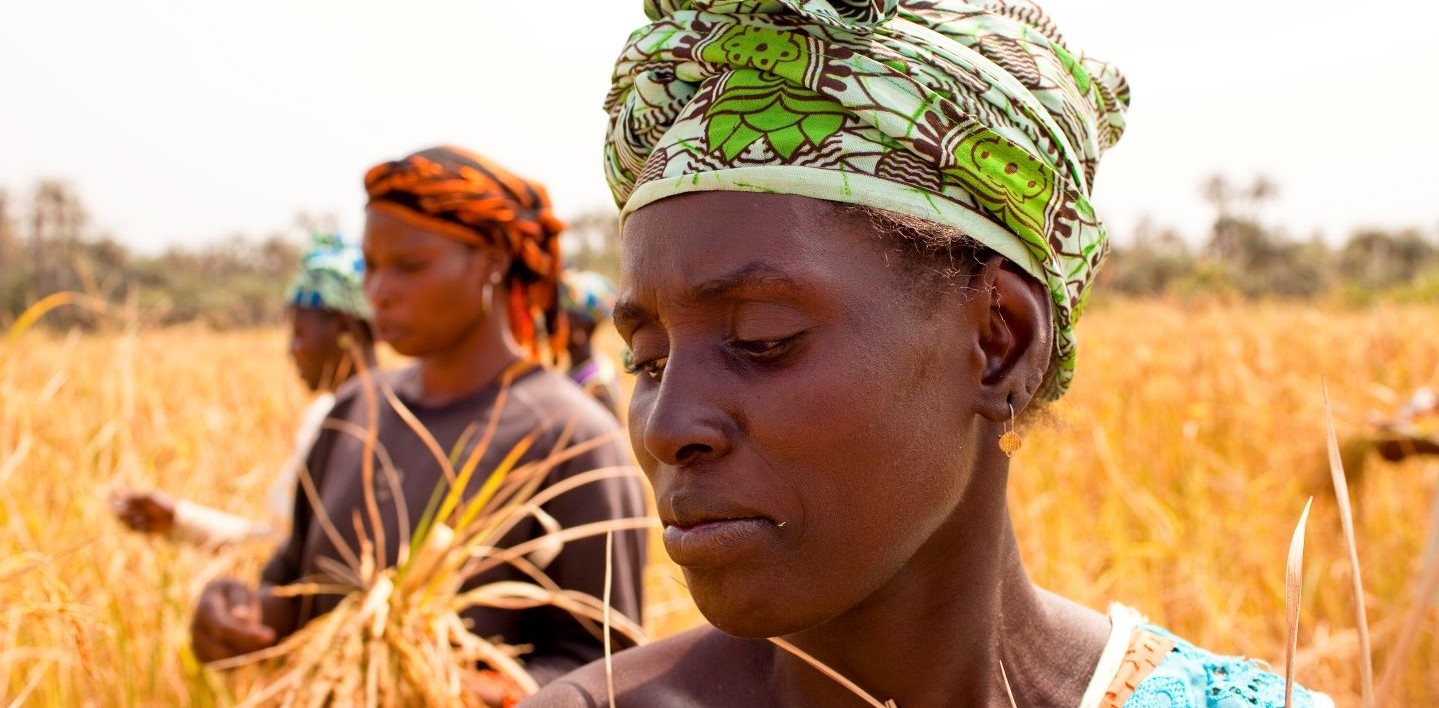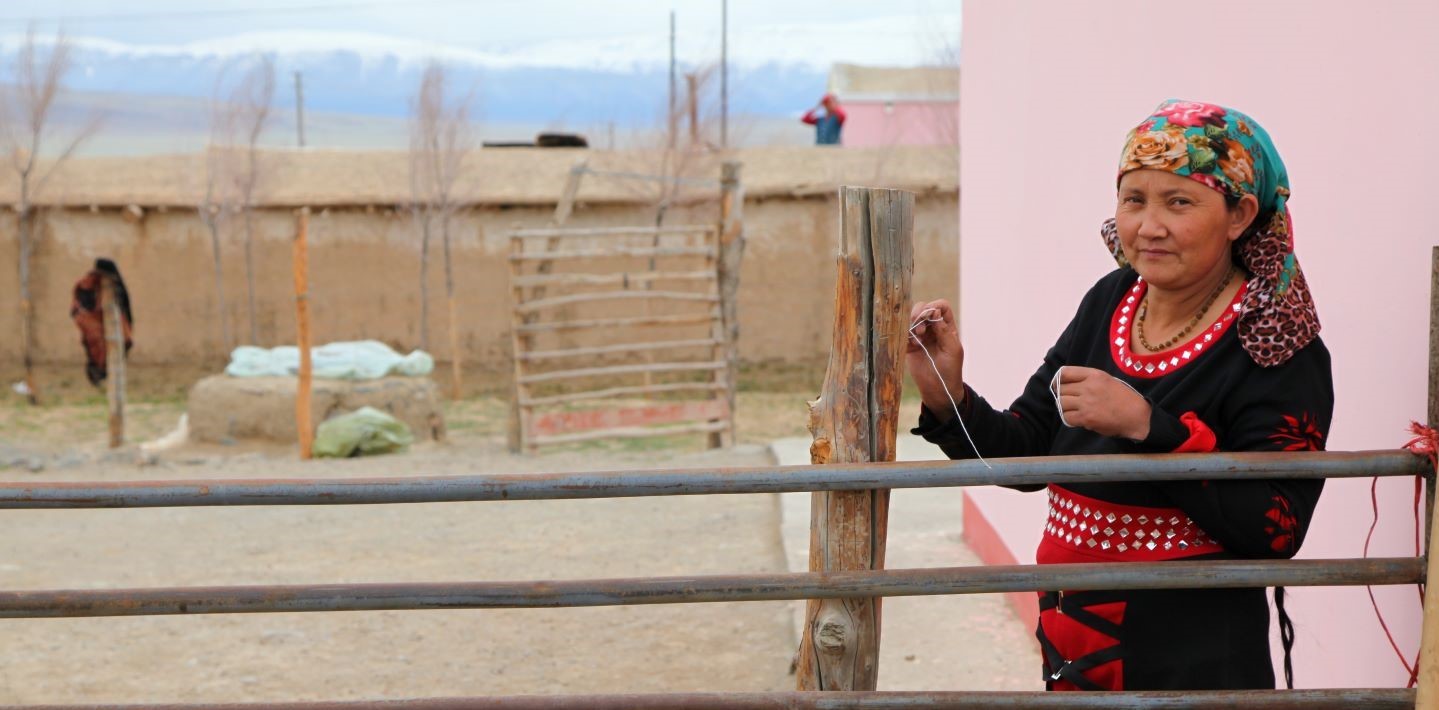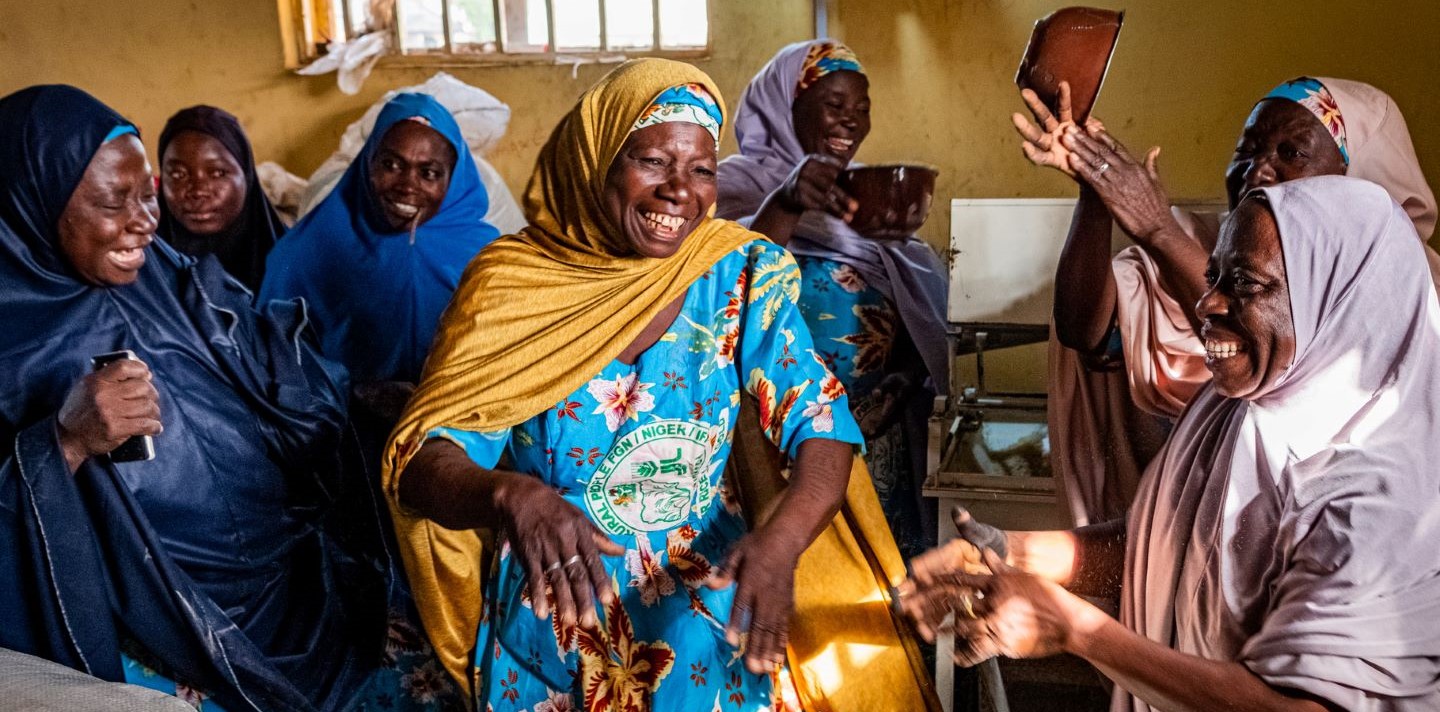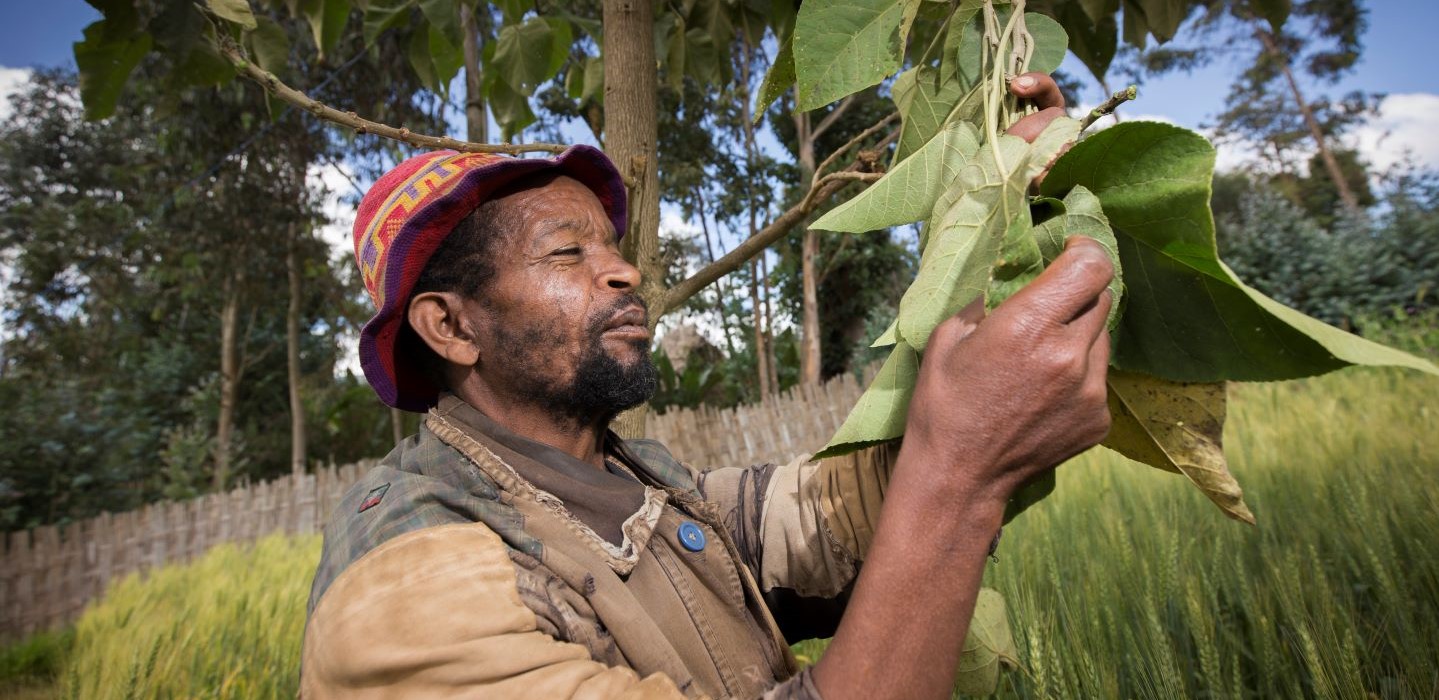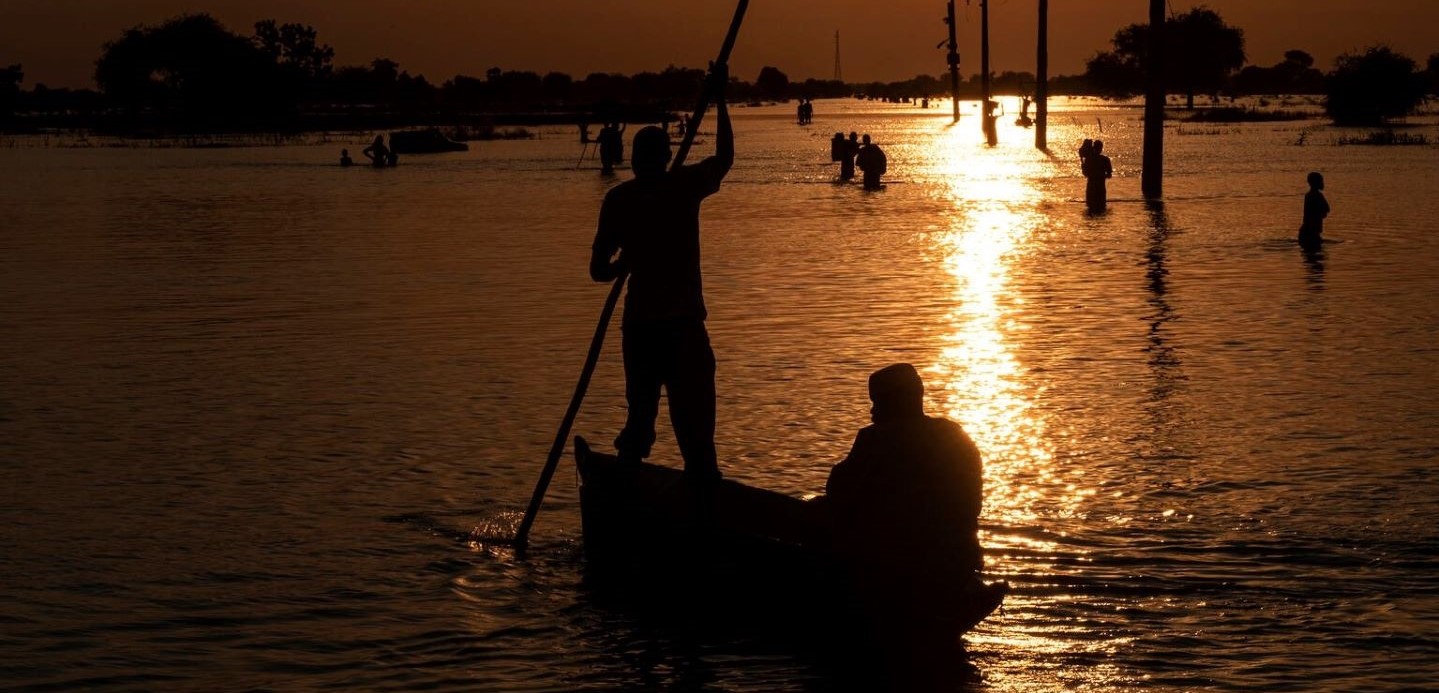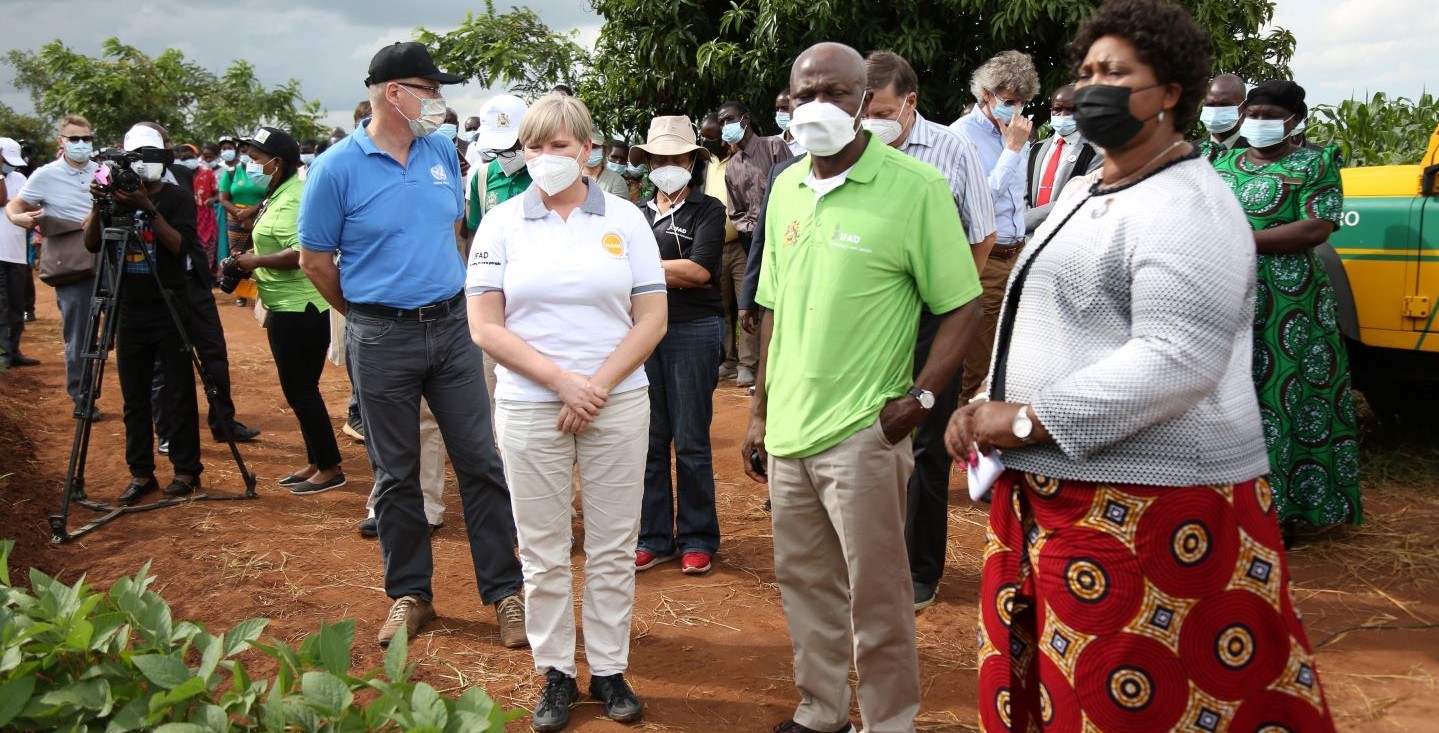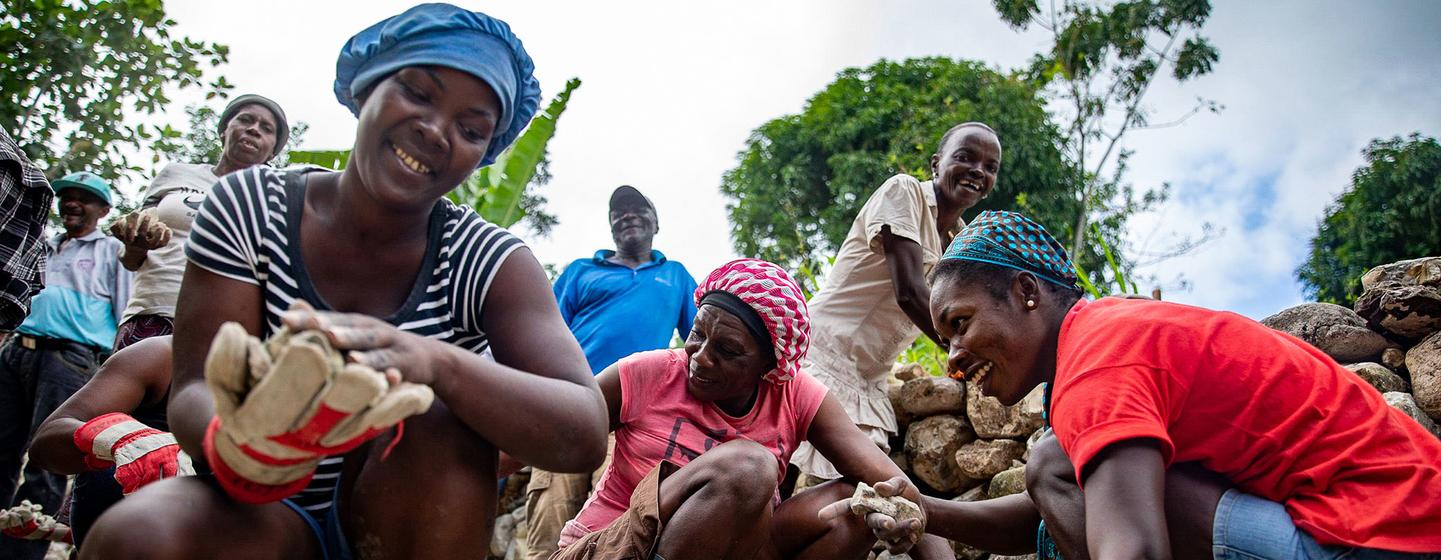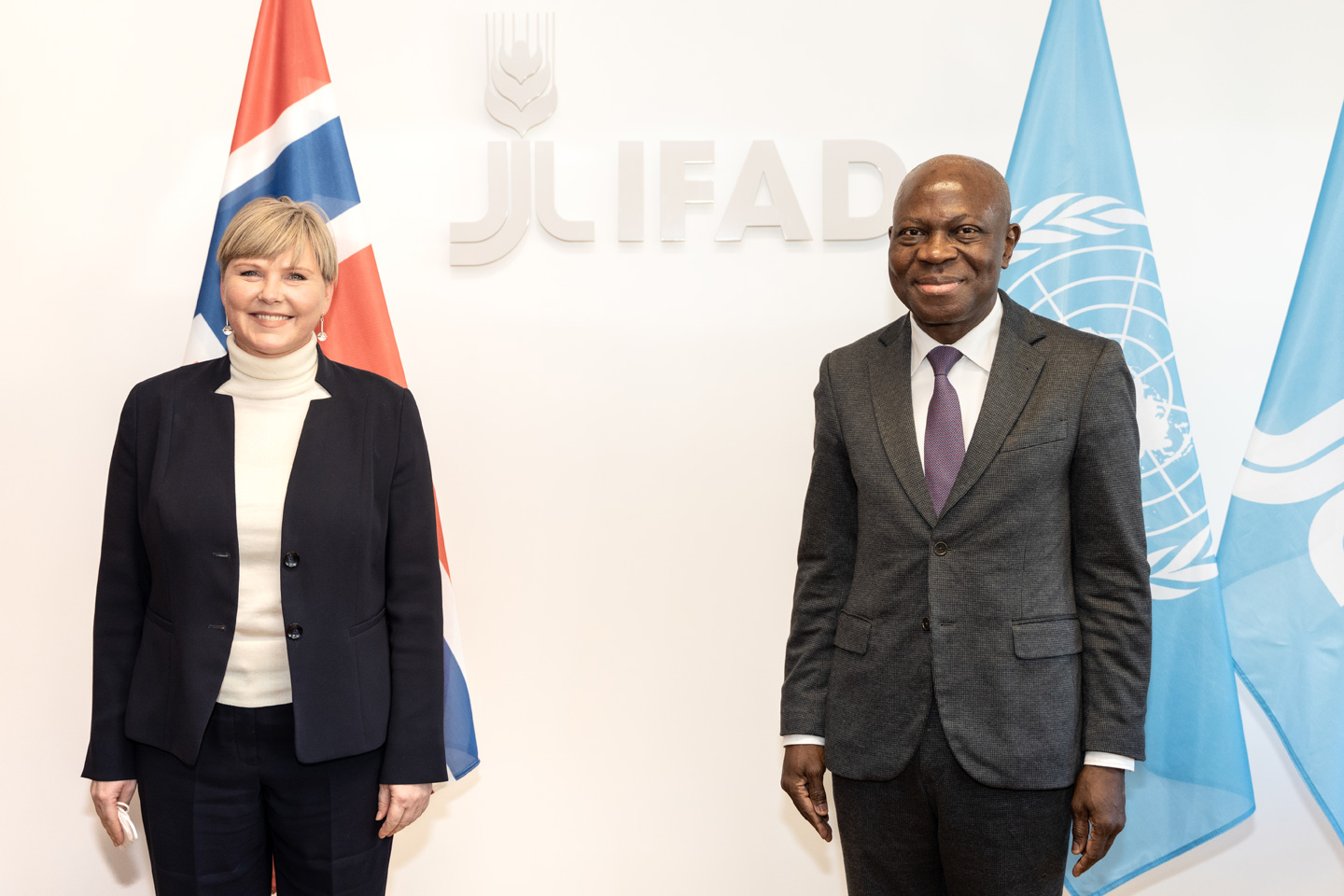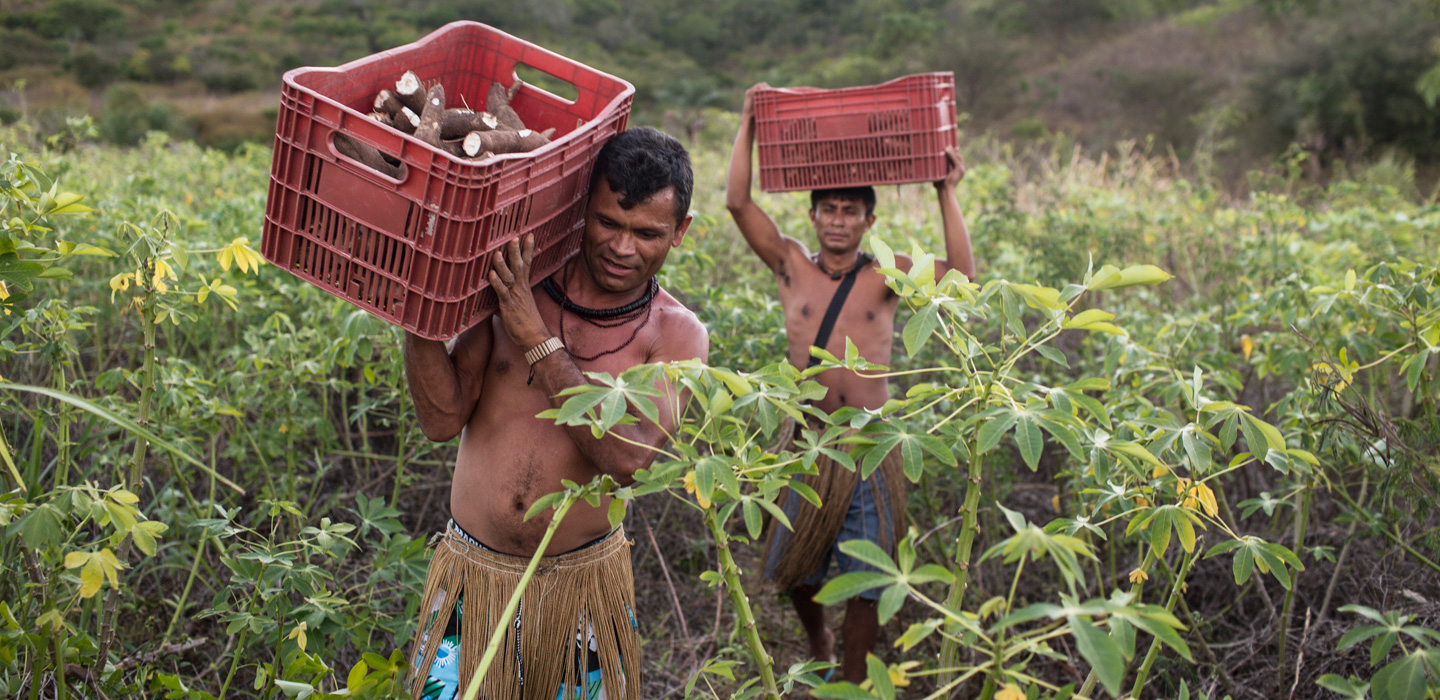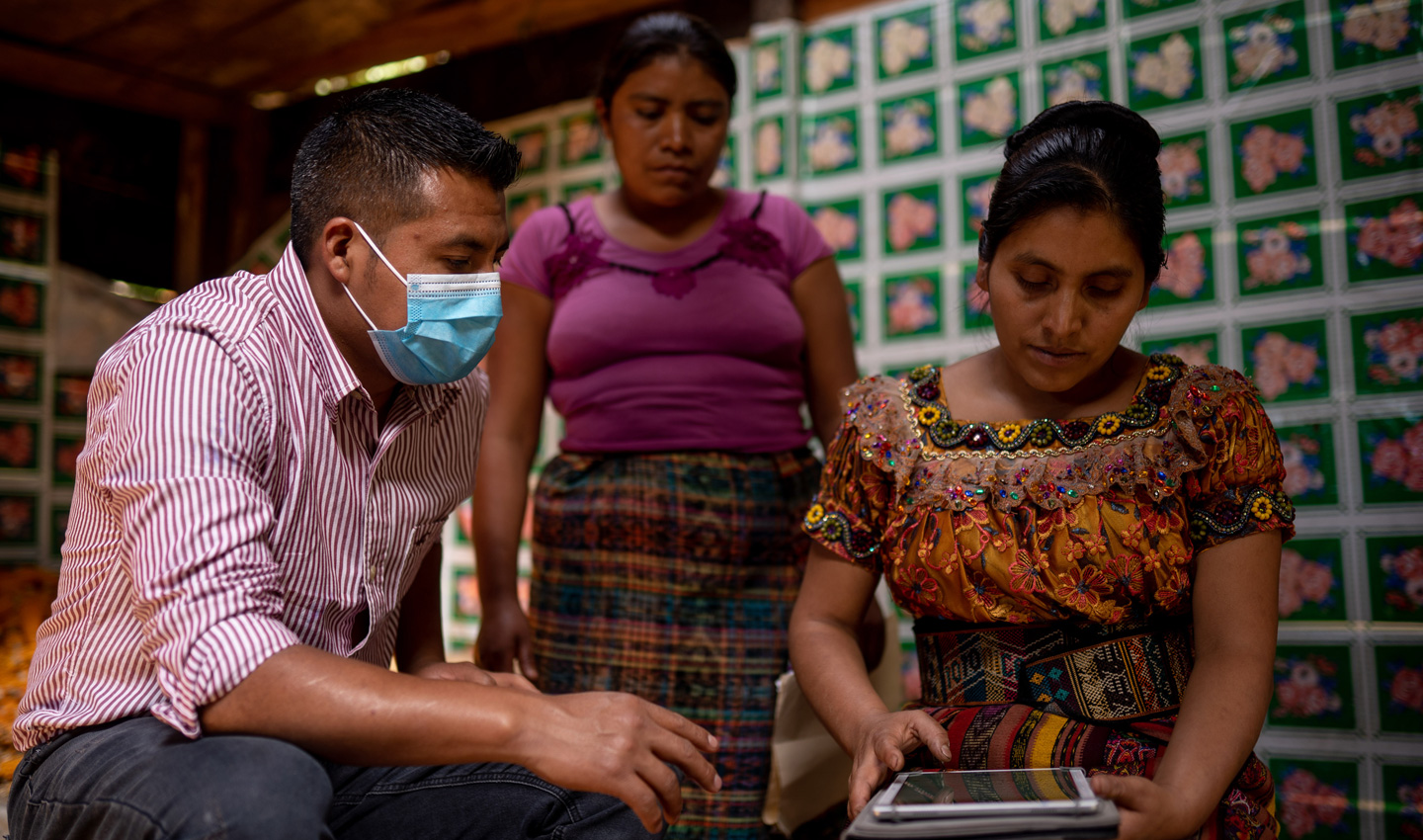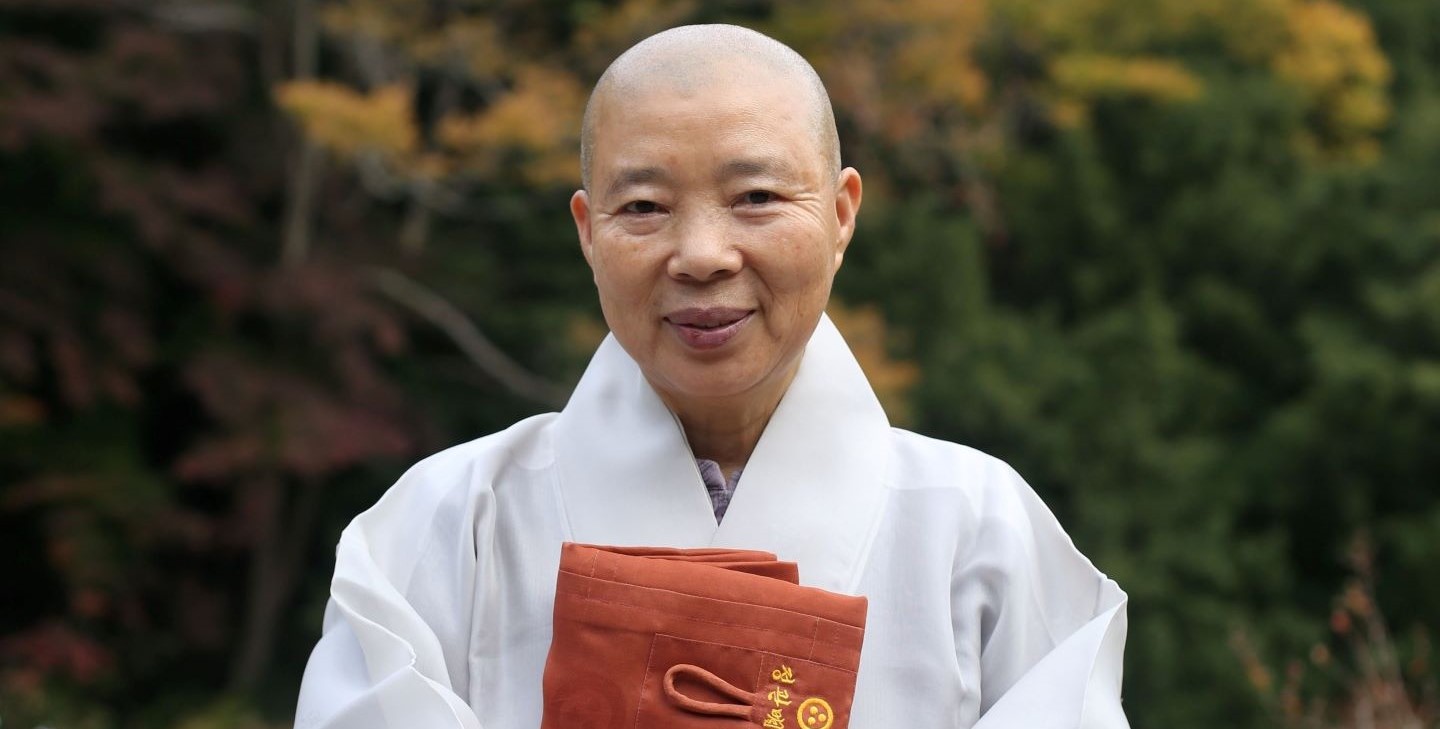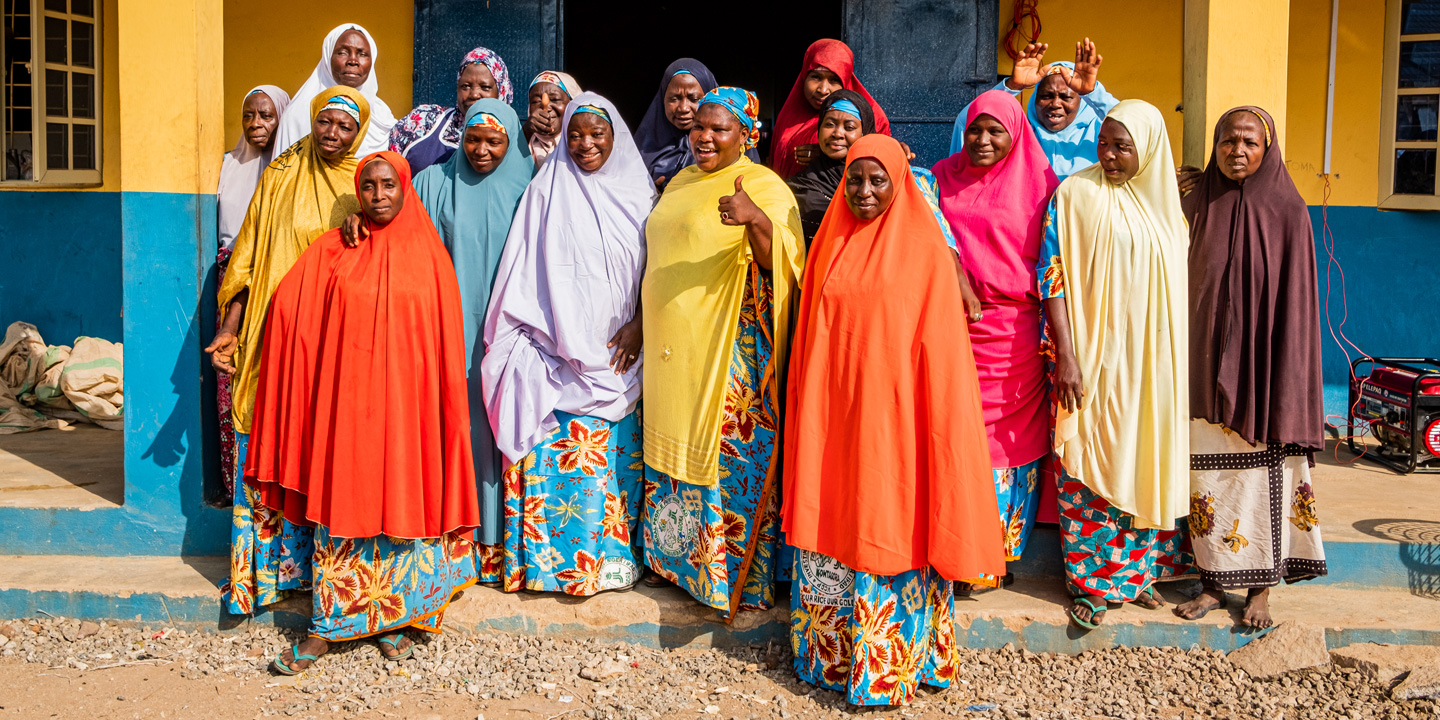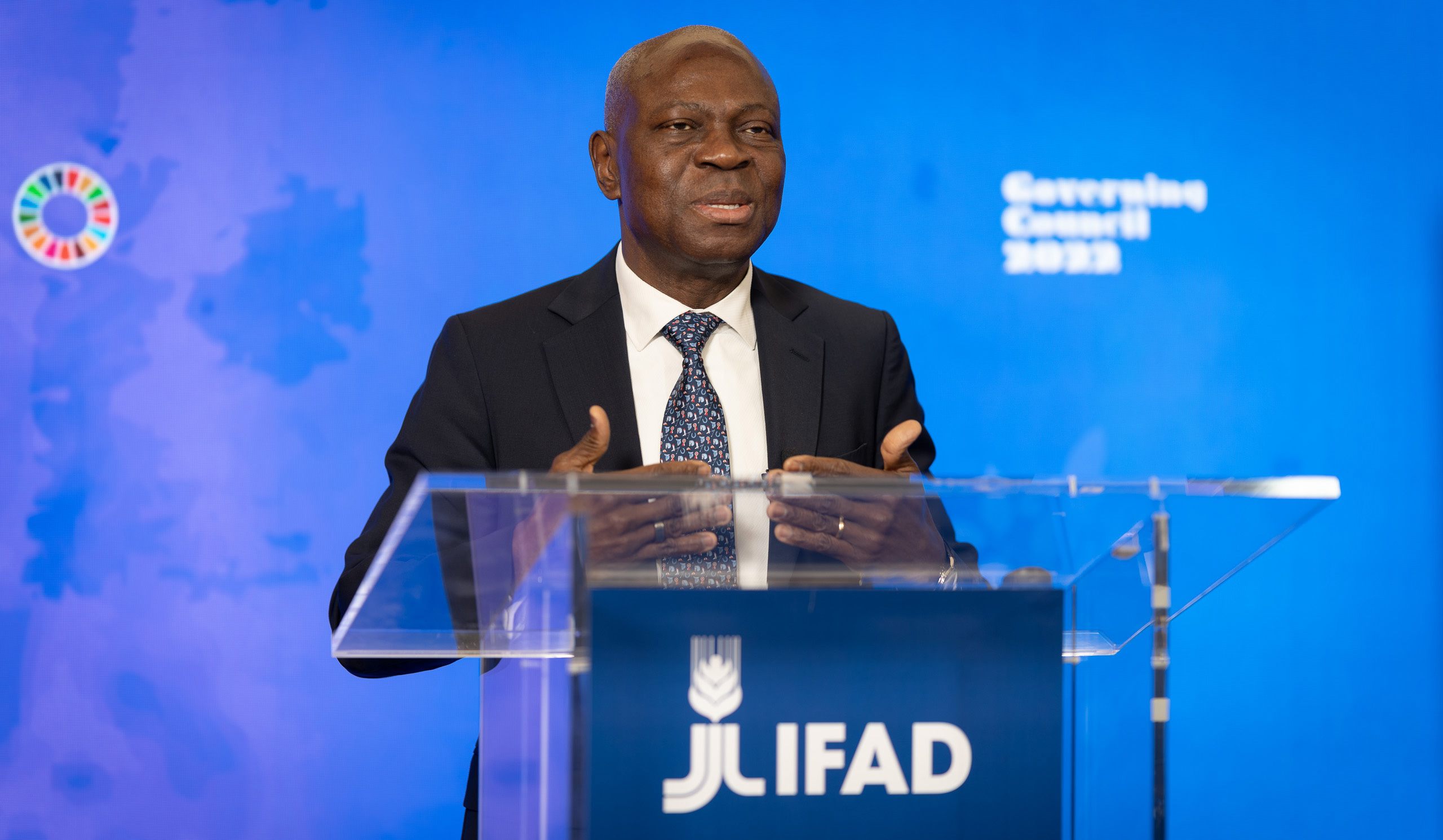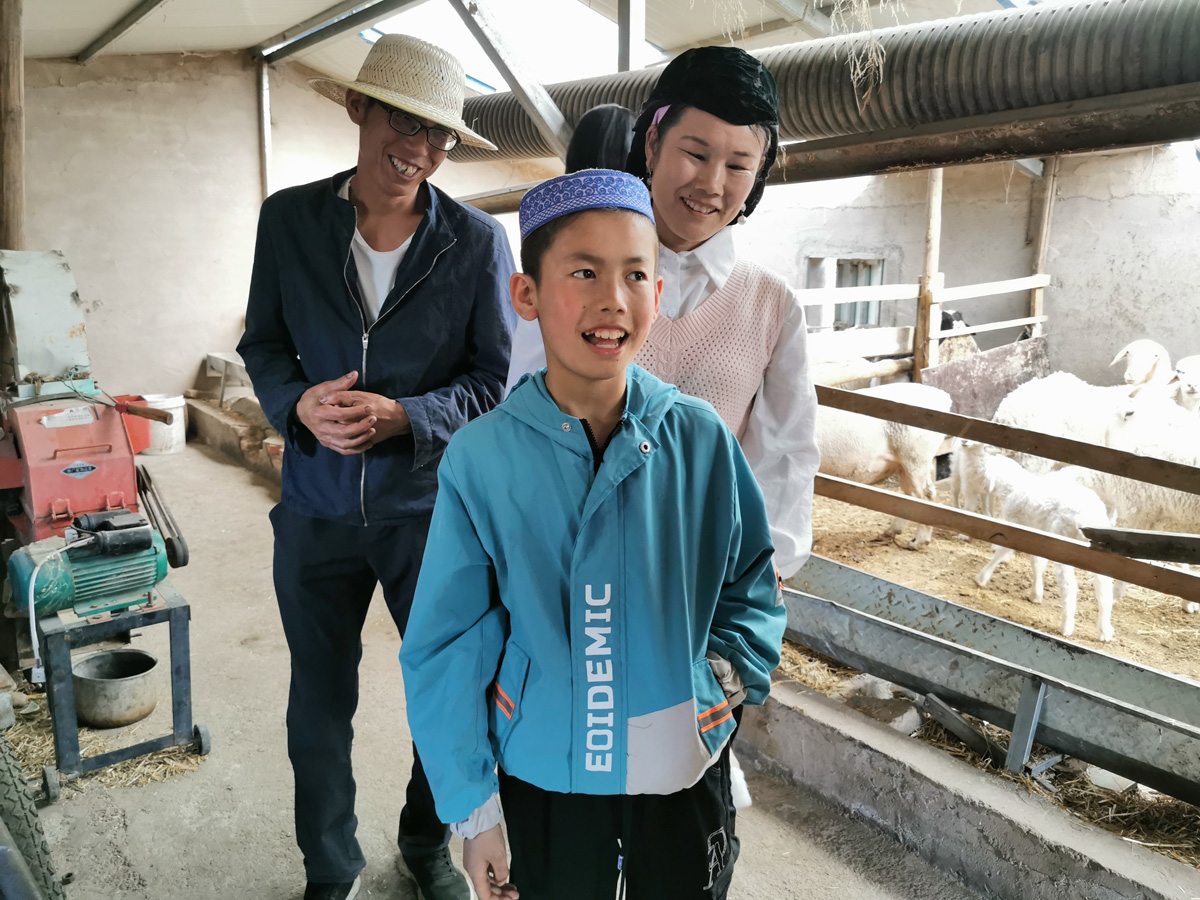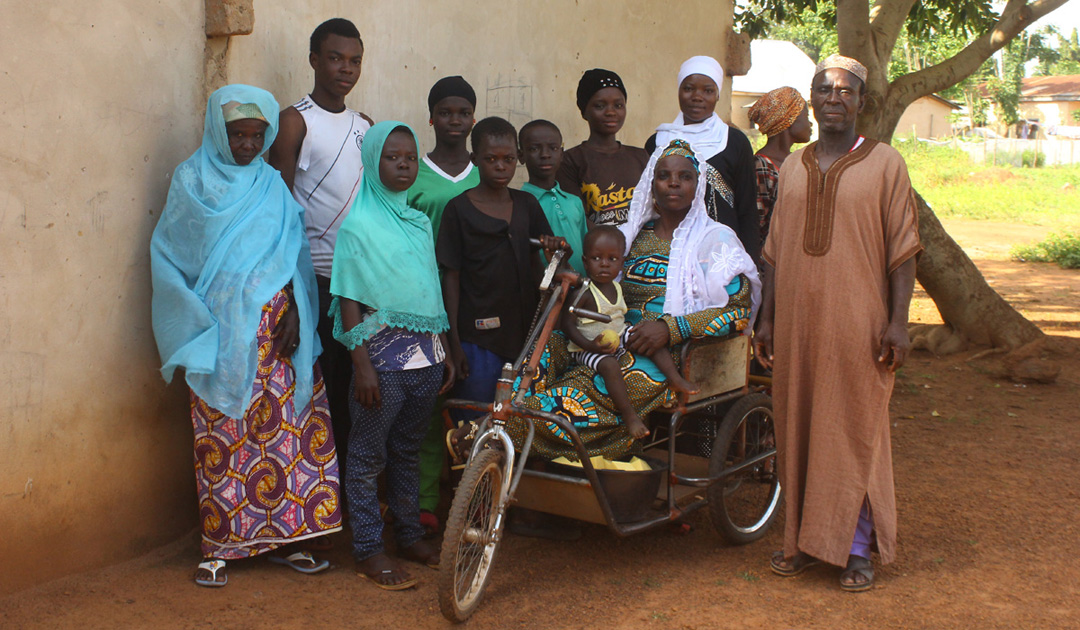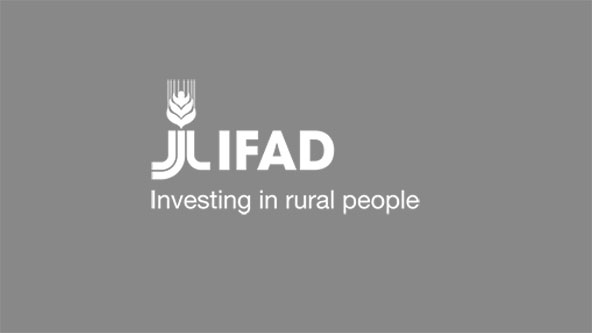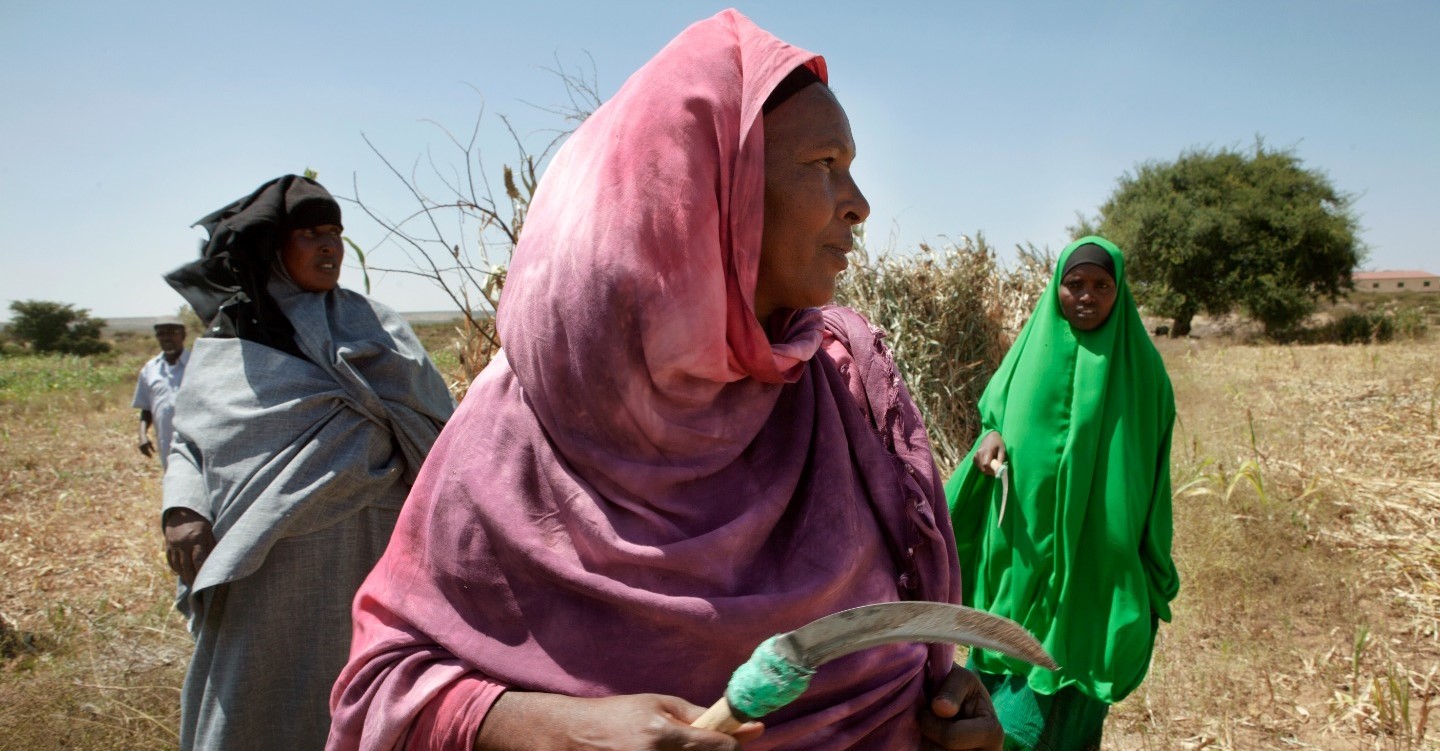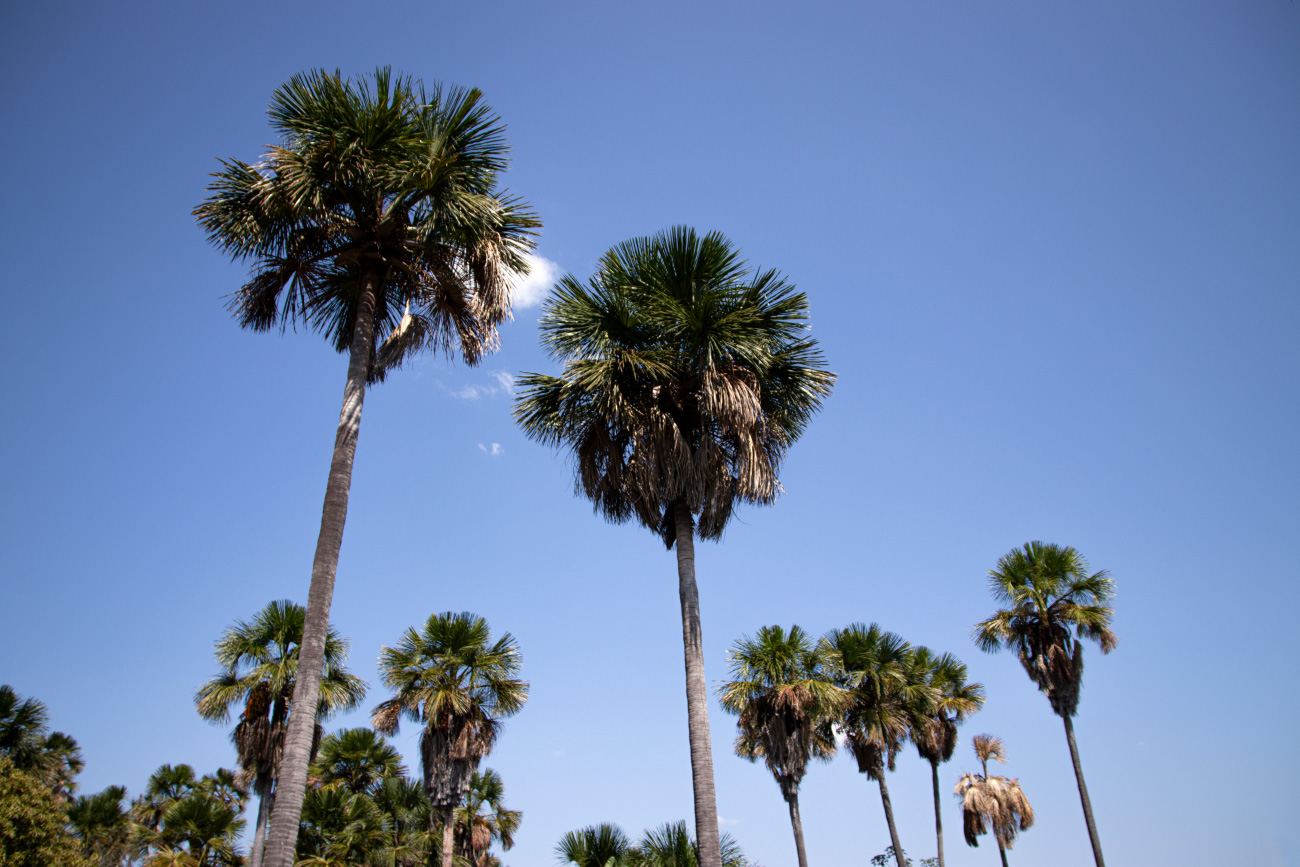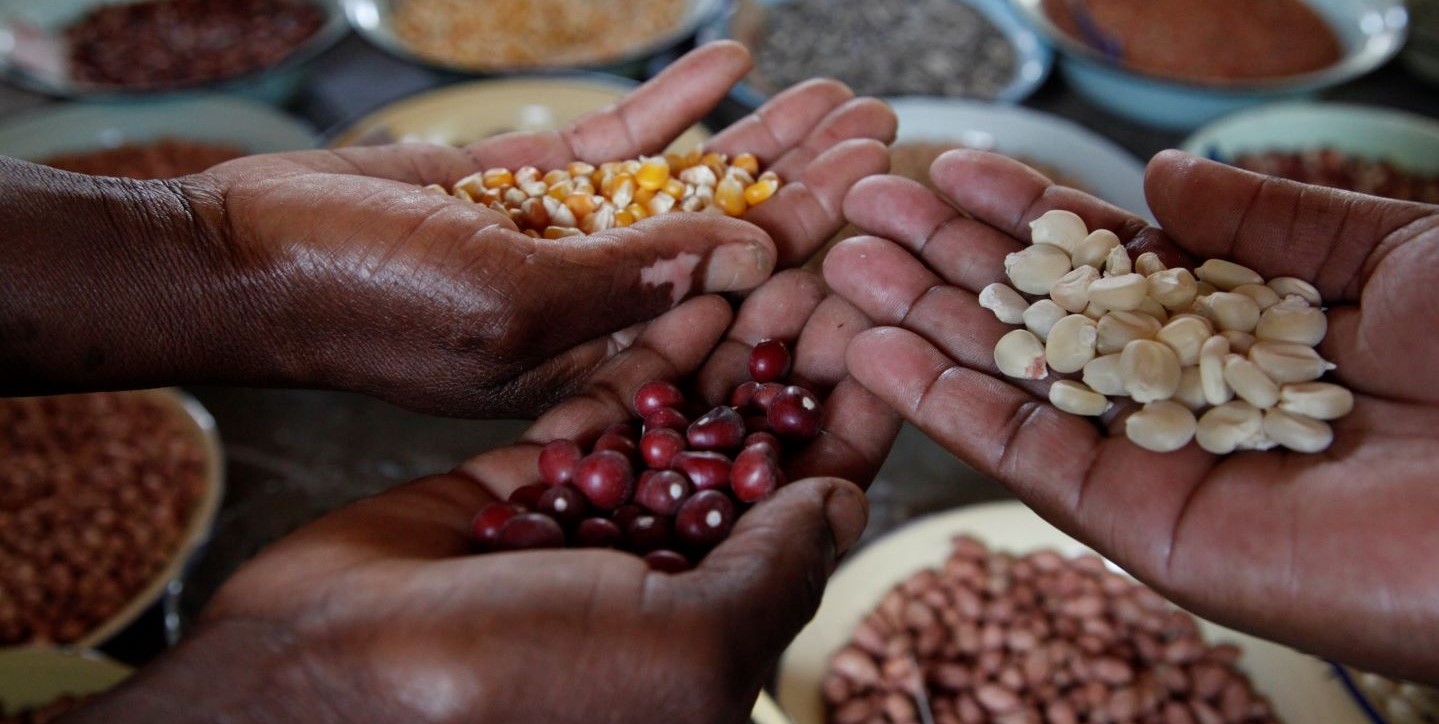Latest
Latest

Latest
Manual Submenu Topics
Search Results Filters
Search Results
The impact of conflict in Ukraine on global food security – statement by Gilbert F. Houngbo, President of IFAD
At IFAD we are following the situation in Ukraine with a heavy heart. We deplore the loss of life and displacement of populations, and we join the call of the UN Secretary General to end military operations, restore peace and protect human rights.
5 questions you should be asking about climate change and rural women
Women and girls all over the world are more strongly affected by climate change. For International Women’s Day, we’re taking a look at why that is and how women and girls can lead the way in adapting to the new environment.
UN agency IFAD and the Chinese Academy of Agricultural Sciences release study on the impacts of COVID-19 on the rural economy
This meta-analysis study captures the key findings of the impact of the COVID-19 pandemic on the rural economy and especially on the livelihoods of smallholder farmer households.
2021 Gender Awards: Five IFAD-supported projects transforming women’s roles in rural communities
Every year, we recognize a project from each of our regions that empowers rural women and girls. Here, we present the winners of the 2021 Gender Awards.
Nutrition-sensitive investments for resilient food systems: Lessons from Ethiopia
More and more of IFAD’s development projects are focusing on nutrition as a way to optimize their impact. Our work in Ethiopia exemplifies this.
An alarm we can no longer ignore: IFAD’s reaction to IPCC’s latest report
The IPCC’s new report, “Impacts, Adaptation and Vulnerability”, underscores the urgency of climate change adaptation.
Norway puts small-scale agriculture at the center of its fight against hunger and poverty with increased funding to IFAD
Norway boosted its fight against hunger and poverty today by announcing a contribution of NOK140 million (US$14.7 million) to IFAD.
Changing the narrative on Haiti
Last year, a 7.2-magnitude earthquake caused more than 2,200 deaths and US$2 billion worth of damage in southern Haiti. In February 2022, a Donors' Conference was held to seek financial and political support for the reconstruction and relaunch of the region.
Norwegian Minister Tvinnereim and IFAD President Houngbo to visit Malawi in wake of storms to discuss climate resilience and hunger
With Malawian farmers still reeling from tropical storms that devastated crops and livelihoods in recent weeks, Norway’s Minister of International Development and the President of IFAD will visit the country to meet its leaders and small-scale farmers to discuss the impacts of climate change, and ways to build resilience.
Brazil: Sharing Buriti with the rest of the world
Brejo Dois Irmãos is a tiny and isolated community of 200 families in north-east Brazil. It hides a precious treasure: the burití, or “tree of life” in the indigenous Tupi-Guarani language.
IFAD-funded project to develop technological solutions to help smallholder farmers overcome COVID-19 impact in Latin America and the Caribbean
IFAD launched the Innovatech project today, which aims to develop agricultural (AgriTech) and financial (FinTech) digital solutions to facilitate small famers’ access to markets and to financial and non-financial services in Bolivia, El Salvador, Guatemala, Haiti, Honduras and Mexico.
The roots that connect us: A conversation with Chef Jeong Kwan
Jeong Kwan is a Zen Buddhist nun. She’s also a chef famous for both her sustainable vegan recipes and her pure and sincere approach towards cooking. Our conversation touched upon everything from traditional Korean temple food to what we need to do to rebalance our food systems.
Gender Equality Today for a Sustainable Tomorrow – Episode 29
This month, in anticipation of International Women’s Day 2022, our focus is on gender equality.
World leaders call for innovative solutions and urgent financing to address rural poverty in a warming world at IFAD’s global meeting
World leaders today called for urgent and innovative investments to help rural communities in the world’s poorest countries adapt to climate change. Speaking at the opening of the annual Governing Council meeting attended by 177 Member States of IFAD, leaders specifically highlighted the vulnerability of small-scale farmers to severe weather events, like the storms that devastated Madagascar in recent weeks killing at least 121 people and destroying more than 176,000 hectares of land.
In rural China, new opportunities for persons with disabilities
Job opportunities in the agricultural sector can be very limited for people with disabilities. In rural China, therefore, initiatives dedicated to including people with disabilities in their local economies – including IFAD-supported projects – have been central to national efforts to eliminate extreme poverty.
In rural Ghana, soapmaking brings success for women living with disabilities
Many persons with disabilities face barriers to accessing education, training and employment – and for women with disabilities, those barriers are even higher. Fortunately, there are a growing number of programmes designed to help rural-dwellers with disabilities find decent jobs and fully participate in their local societies.
Global leaders to discuss how to finance a more resilient, inclusive post-COVID world at IFAD Governing Council meeting – 16 February 2022
Heads of state, ministers and rural development experts will come together at the 45th annual Governing Council meeting of IFAD to look towards a post-COVID world, and discuss how to harness innovations and new financing mechanisms to build more inclusive and resilient rural economies.
IFAD to provide additional support to mitigate COVID-19 impact in Somalia
A US$ 1.07 million grant agreement between IFAD and the Government of the Federal Republic of Somalia will finance the Resilience Livelihood Action to COVID-19 project (RLAC-19)—a move to strengthen the ability of poor rural people to cope with the effects of the COVID pandemic and threats to their livelihoods.
Forging new connections through the “tree of life”
Brejo is not easy to reach: the only way in or out is a 12-kilometre dirt road running through a swamp, which most vehicles can’t manage. And with no way to sell their most important crop – burití (Mauritia flexuosa), a native palm tree – the 200 families living there frequently felt forgotten by the outside world.
How agrobiodiversity can nourish the planet
For our people and planet to flourish, we need agrobiodiversity: agricultural systems that enhance our wealth of ecosystems and living beings instead of diminishing it. Our work has long recognized the importance of agrobiodiversity for sustainable food systems, and now we’re taking this commitment even further.
